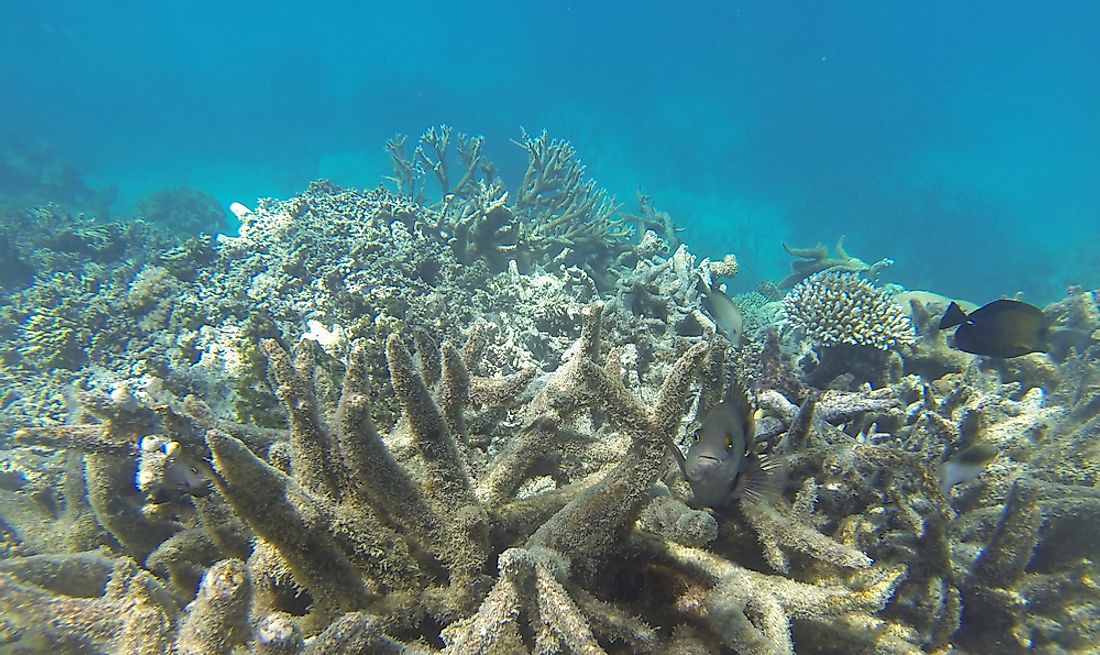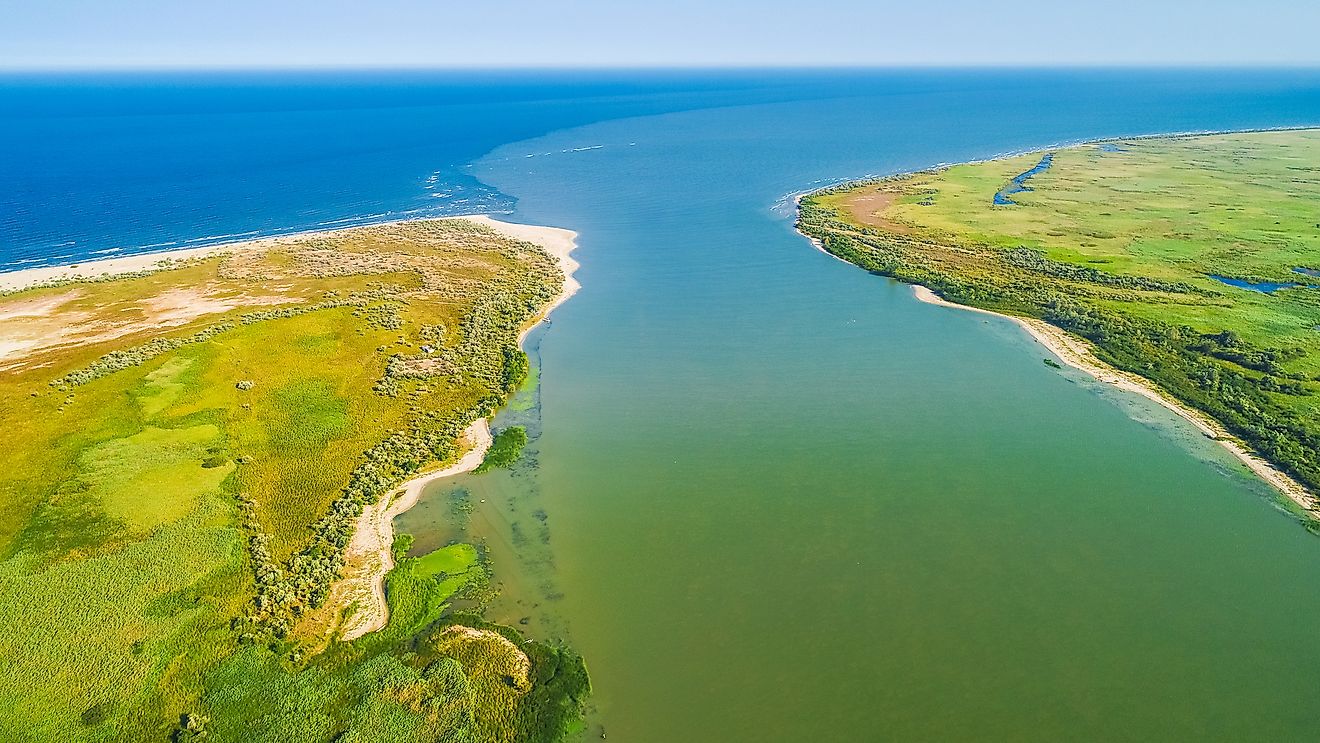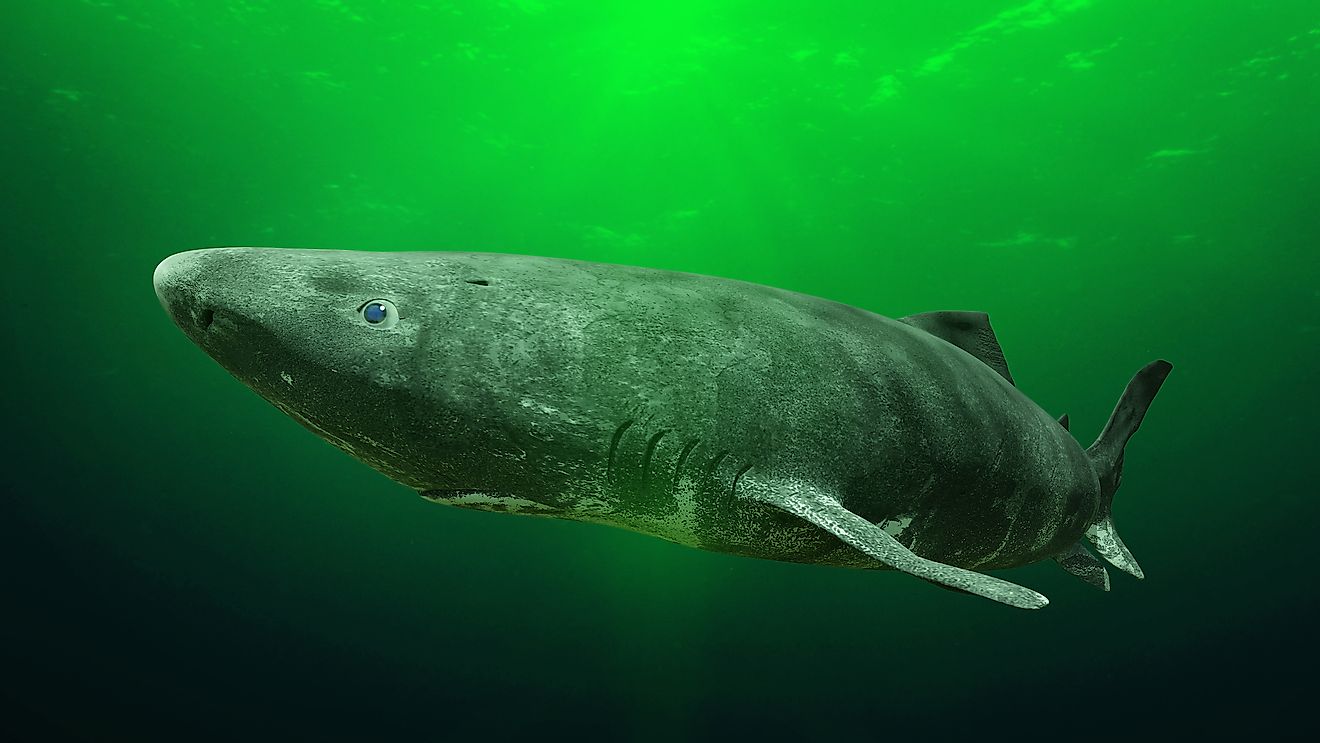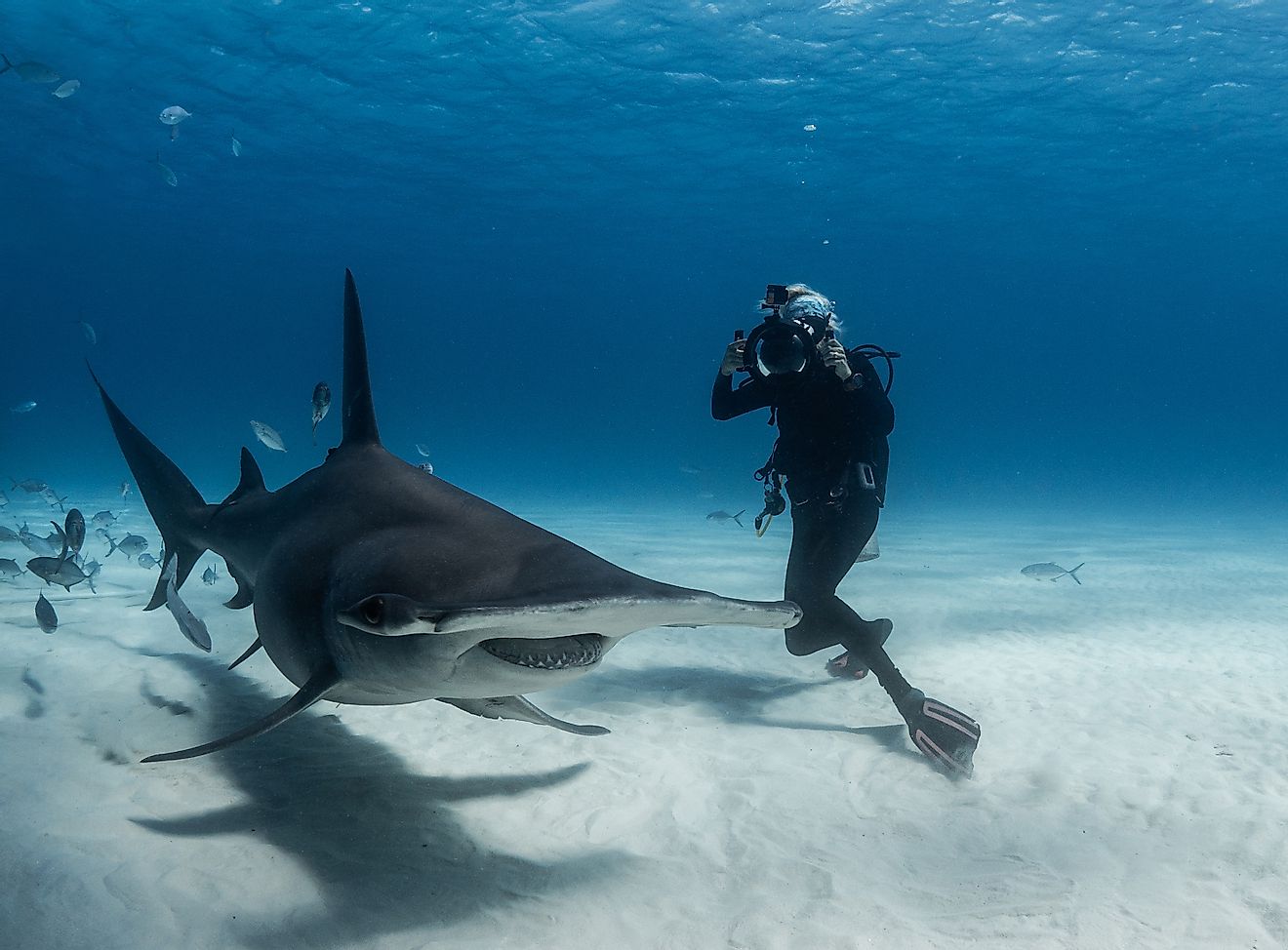What Is Ecocide?

Ecocide refers to extensive damage or destruction of the natural environment either by human or any agency by any action such as the use of nuclear weapons, resources over-exploitation, or use of harmful chemicals. The amendment that was proposed to Rome Statute gives the definition of ecocide as massive damage to, devastation of, or extinction of ecosystem(s) of a territory, either by the cause of human or its agency or any other action, to an extent that peaceful stay or residence by its inhabitants has been or will be austerely reduced.
Ecocide as a Proposed International Crime
The idea to include ecocide as the fifth international crime started in the 1970s, however, it did not make until 2010 when it was suggested to be included in the Rome Statute international crimes. The United Nations International Law Commission, a body that has been obligated to ensure the progressive advancement of international law and the systematization of its code, received the suggested law. The law made the care of ecosystem both individual and government responsibility in its provisions and stipulated it a liability crime arising from either intent or negligence. The move was to create a sense of responsibility towards the natural environment.
The Guiding Terms in the Determination of Ecocide
The 1977 United Nations Environment Modification Convention set out the condition for any environmental damage to be regarded an ecocide; that it must be long-lasting, widespread, or severe. The body gives the specific meaning of the terms: long-lasting as lasting for months, widespread as covering at least an area of hundred square kilometers, and severe as involving grave or substantial disruption or trauma to human life, natural, and economic resources.
Existing Domestic Ecocide Laws
At least ten countries have criminalized ecocide during times of peace, and they are Russia, Vietnam, Uzbekistan, Tajikistan, Republic of Moldova, Kyrgyzstan, Kazakhstan, Belarus, Ukraine, Georgia, and the Republic of Armenia. They borrowed their definition from International Law Commission (ILC) Draft, that an individual who deliberately causes or gives orders to the cause of widespread, extended and austere destruction of the natural ecosystem shall, on determination of being guilty be convicted to…, for example, Vietnam in 1990 enacted the Art 342 Crimes stipulating that anyone who in time of peace or during the war participate in acts of genocide or ecocide or damage the natural ecosystem will be liable for his or her actions.
Purpose Aim of Ecocide as the 5th International Crime Against Peace
The main aim of creating the ecocide offense was to ensure that it became one of the top international laws. By 2015, they are 122 countries that have rectified the Rome Statute laws which do not apply only to those nations that have signed but every state. The law forbids extensive damage and places the sole responsibility of caring on the inhabitants that can be harmed in the process of ecocide. In case of occurrence of the crime, a solution can be obtained through courts either nationally or internationally or any other body that has the same legal functions.
However, as of today, some human activities have contributed to the damage of ecosystem and no case has been brought before the international court or any other court. For examples, mass use of land that has directly destroyed the environment and its inhabitants, and excess production of the greenhouse gases from different nations especially the developed nations can be treated as ecocide.











